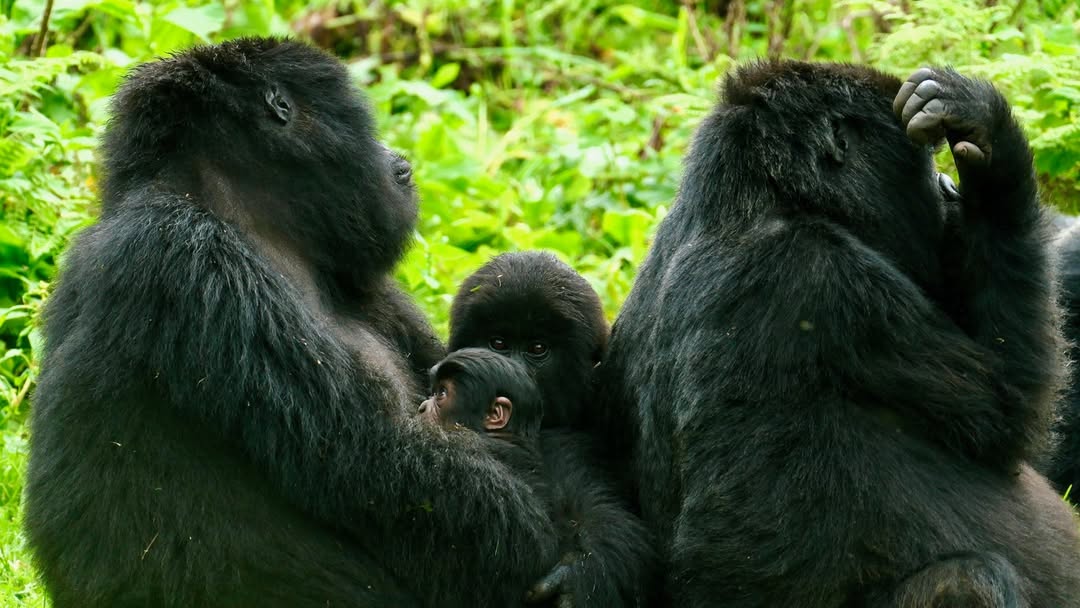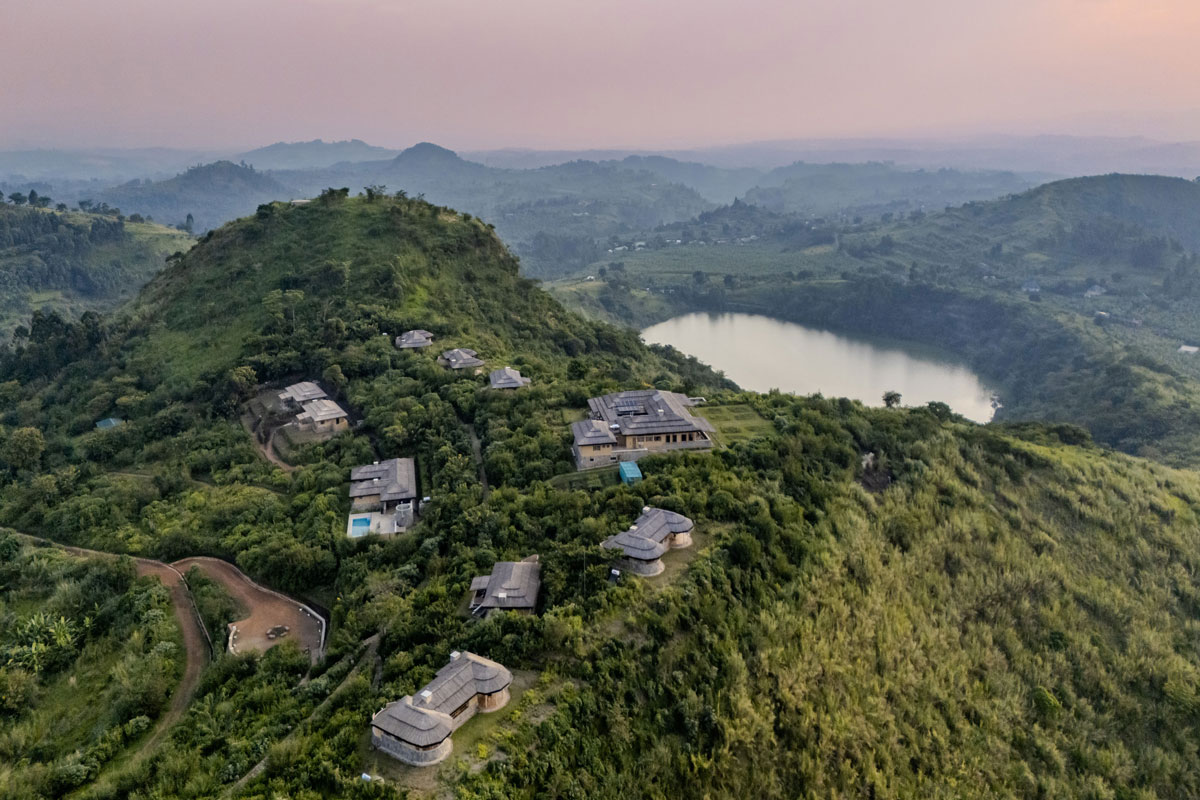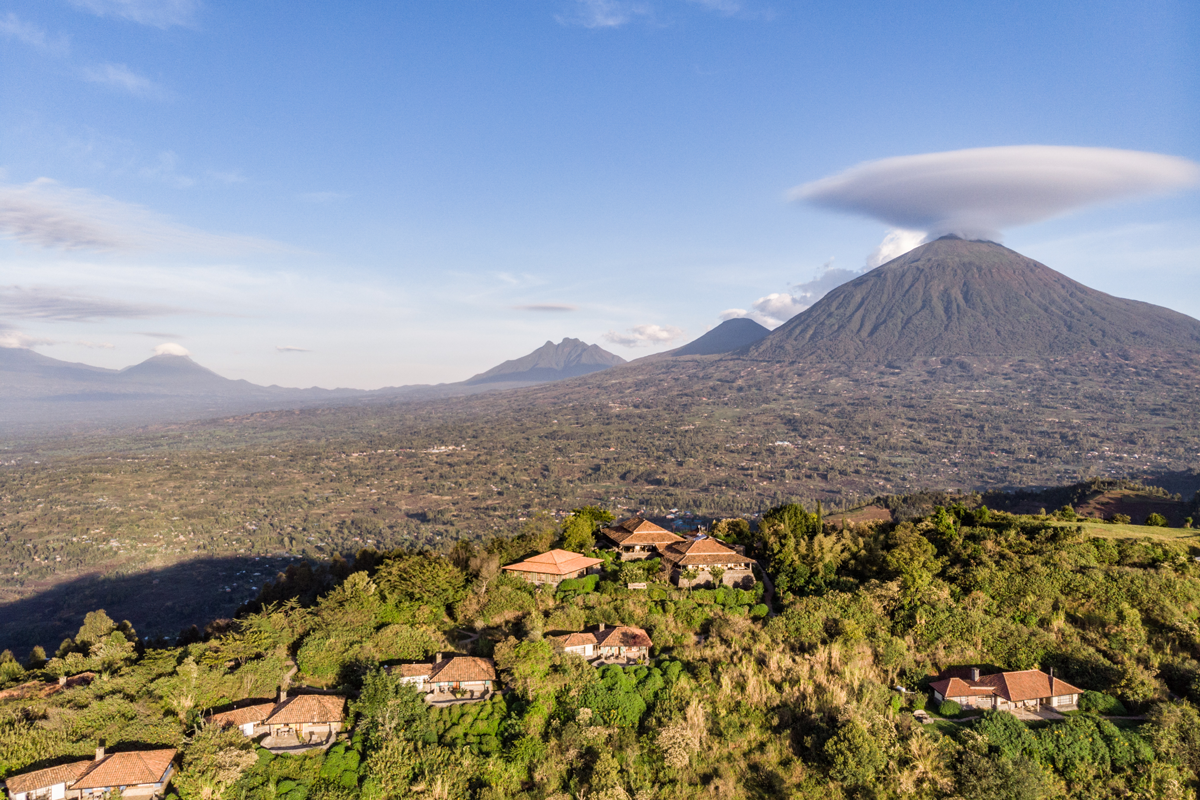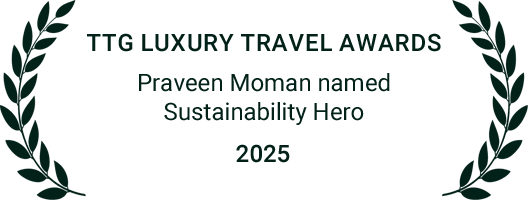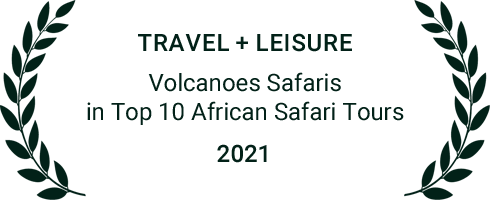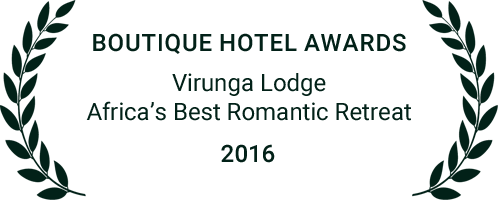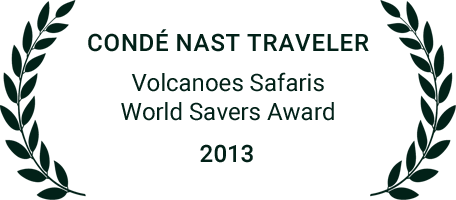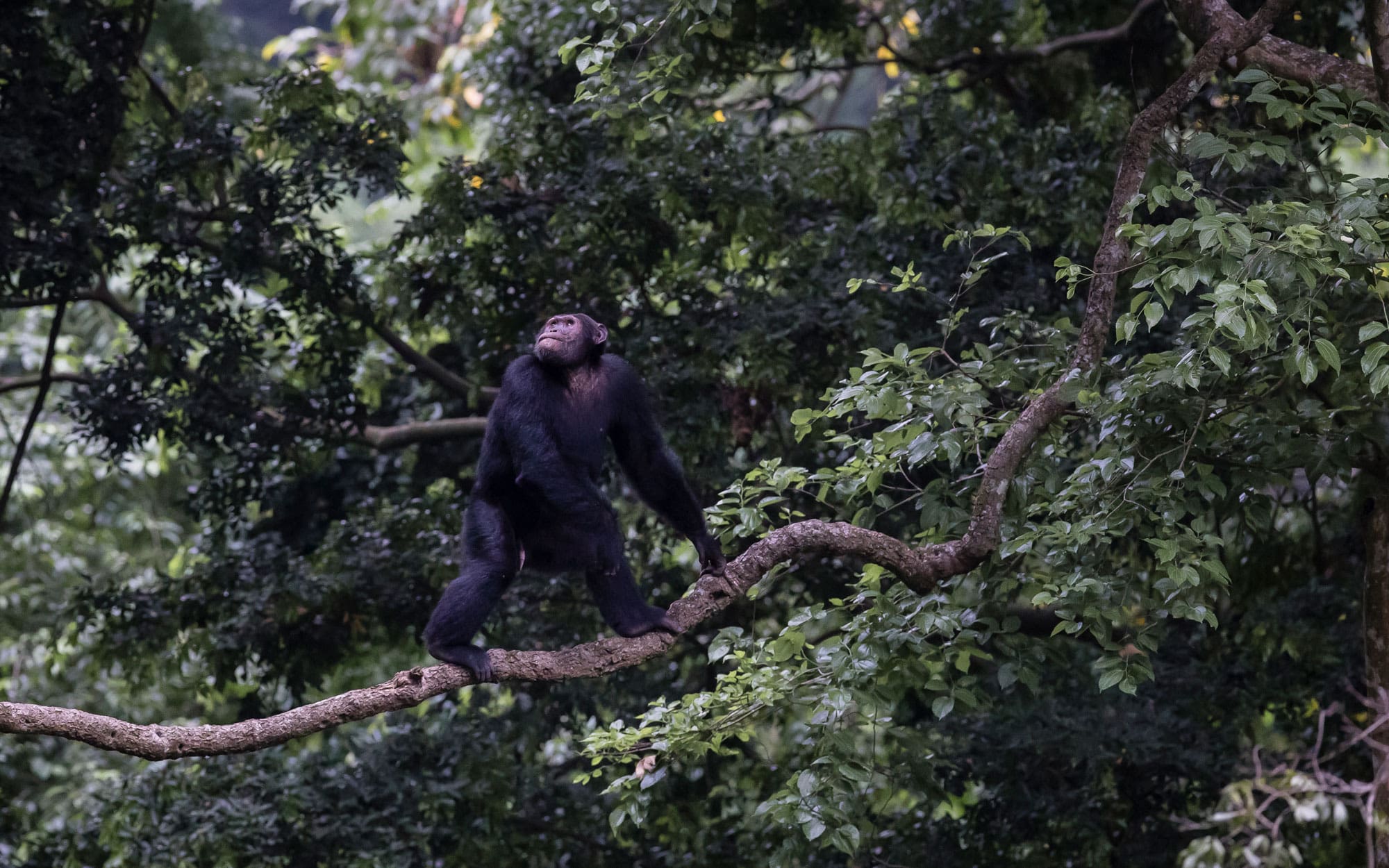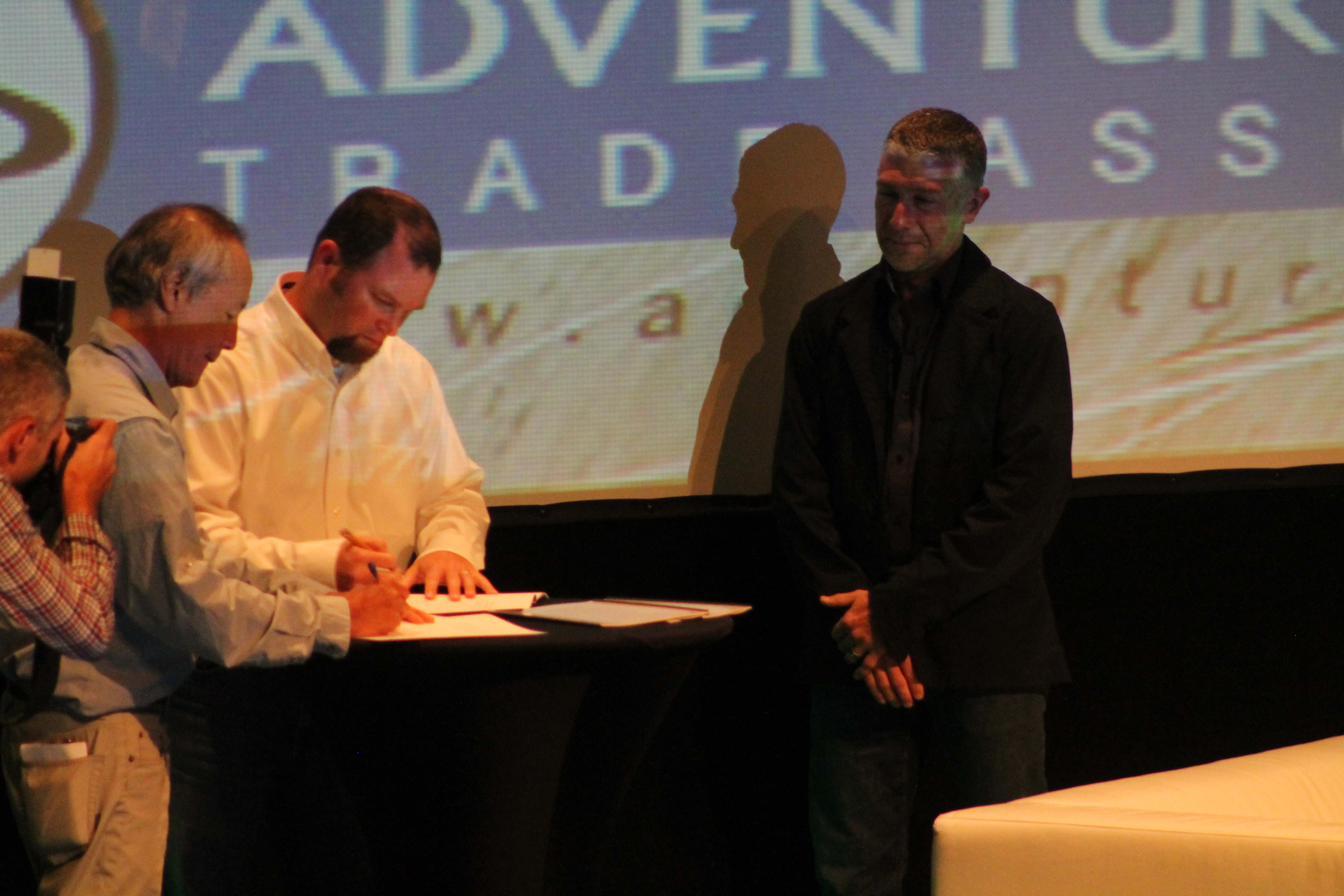 The World Wildlife Fund (WWF) and The Adventure Travel Trade Association (ATTA) signed a memorandum of understanding during the 2014 Adventure Travel World Summit (ATWS) in Killarney, Ireland.
The World Wildlife Fund (WWF) and The Adventure Travel Trade Association (ATTA) signed a memorandum of understanding during the 2014 Adventure Travel World Summit (ATWS) in Killarney, Ireland.
The two organizations partnered to advance the cause and concept of conservation travel. The memorandum outlines their collaborative strategy to advance conservation of the world’s most precious wildlife, landscapes and seascapes, resources upon which the travel industry depends, through the efforts of tourism.
ATTA and WFF have been working to understand the interdependence of the travel industry and conservation of nature, represented in their joint Conservation Travel Initiative. WWF has pursued Conservation Travel as a key strategy to build harmony between people and nature in the future.
‘Conservation travel’ is sustainable tourism that connects the traveler with nature and at the same time protects it with the benefits of tourism. It has three goals: to impact, influence and invest. Impacting involves encouraging nature conservation by ensuring economic and cultural benefits flow to communities and stakeholders in whose hands nature rests. Influencing engages the traveler in conservation issues before, during and after their travel. Investment drives greater philanthropy toward conservation investments that sustain the environment.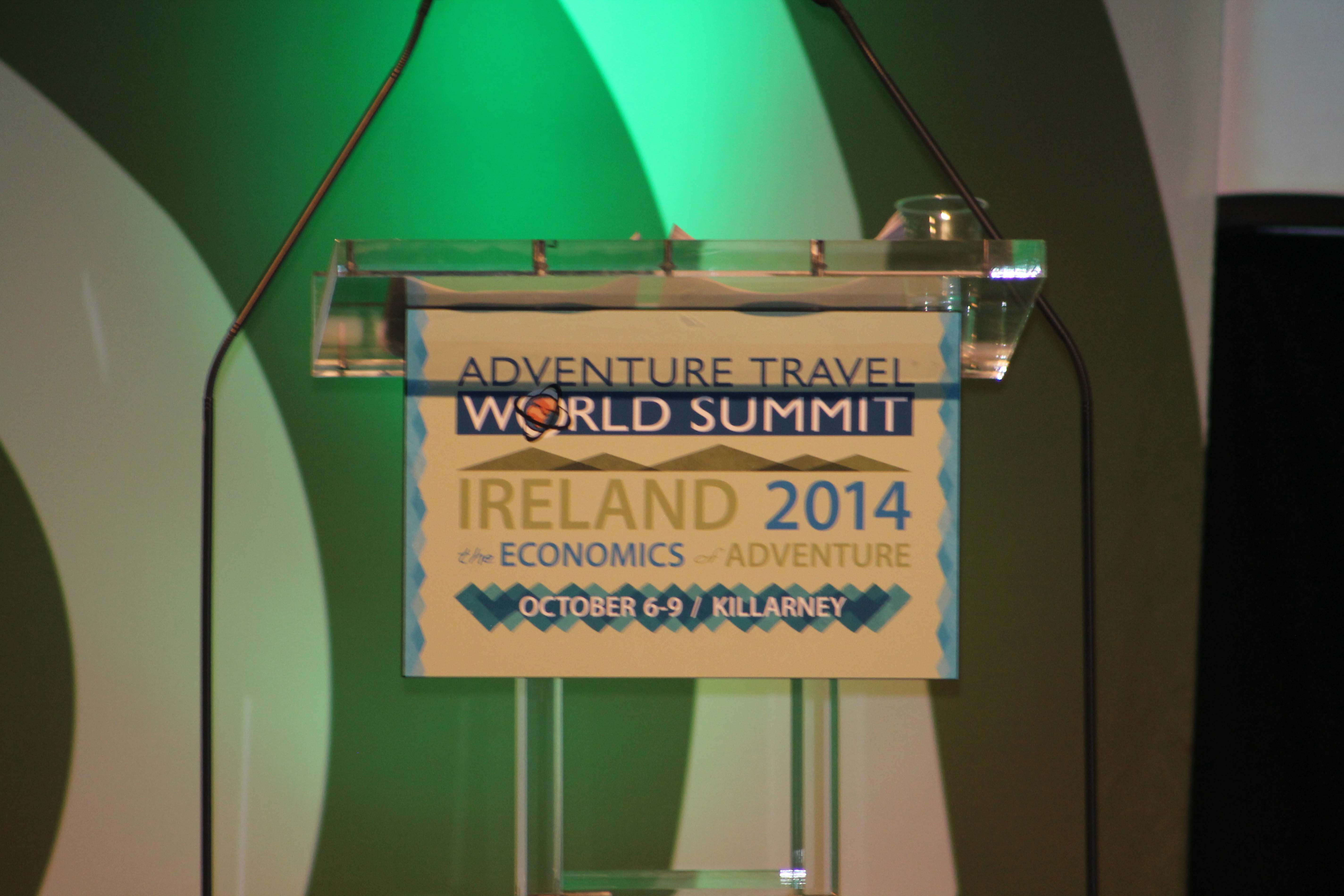
Through activities like developing case studies for tour operators to illustrate how they can further their conservation impact; providing education materials that help tour operators engage travelers in conservation; exploring tourism models that help fund conservation; and featuring conservation content during ATTA events, ATTA and WFF have been able to advance these three goals.
During the opening conference on Conservation Travel at ATWS, WFF and ATTA framed the concept’s vision and economic benefits it brings to the industry. Volcanoes Safaris Founder and Managing Director Praveen Moman and Julian Mathews, Chairman of Travel Operators for Tigers (TOFT), demonstrated how Adventure Travel can make positive economic waves for local communities and whole nations, benefits business bottom lines and makes wildlife worth more alive than dead.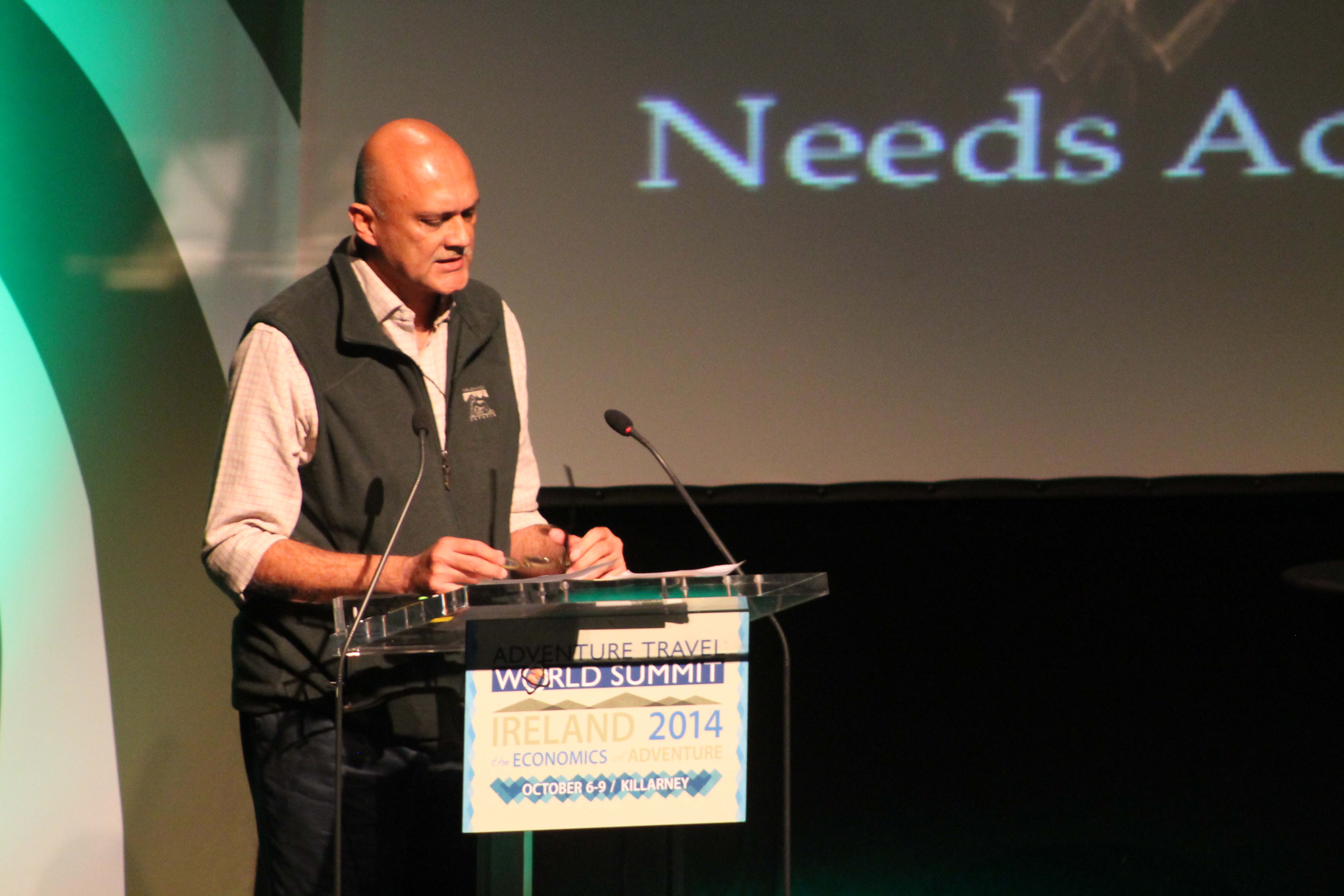
At the end of the summit it was asserted that embracing conservation travel practices was the future of the tourism industry and would help determine the future of many of the world’s lands, waters and wildlife species.
Volcanoes Safaris is proud to support this memorandum with the Adventure Travel Trade Association and the World Wildlife Fund.



